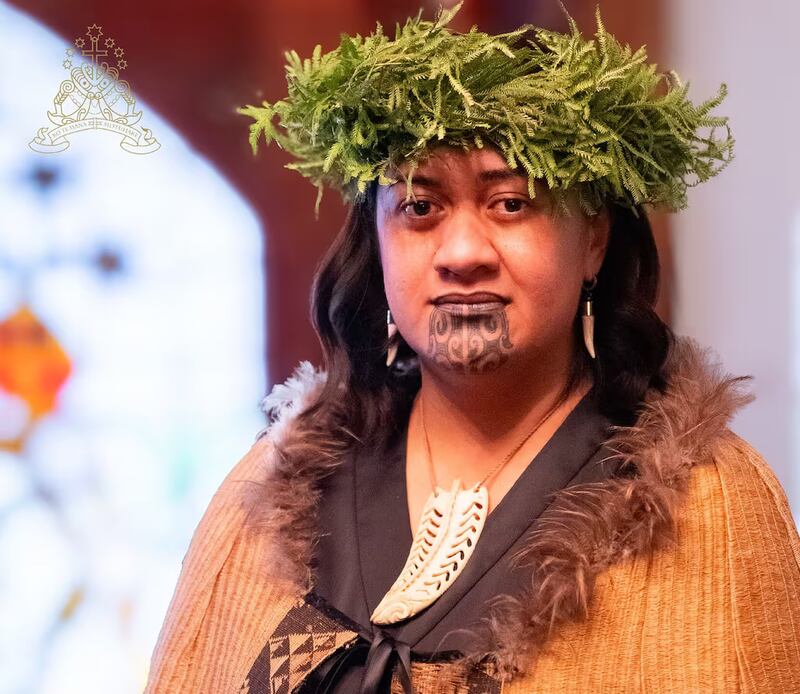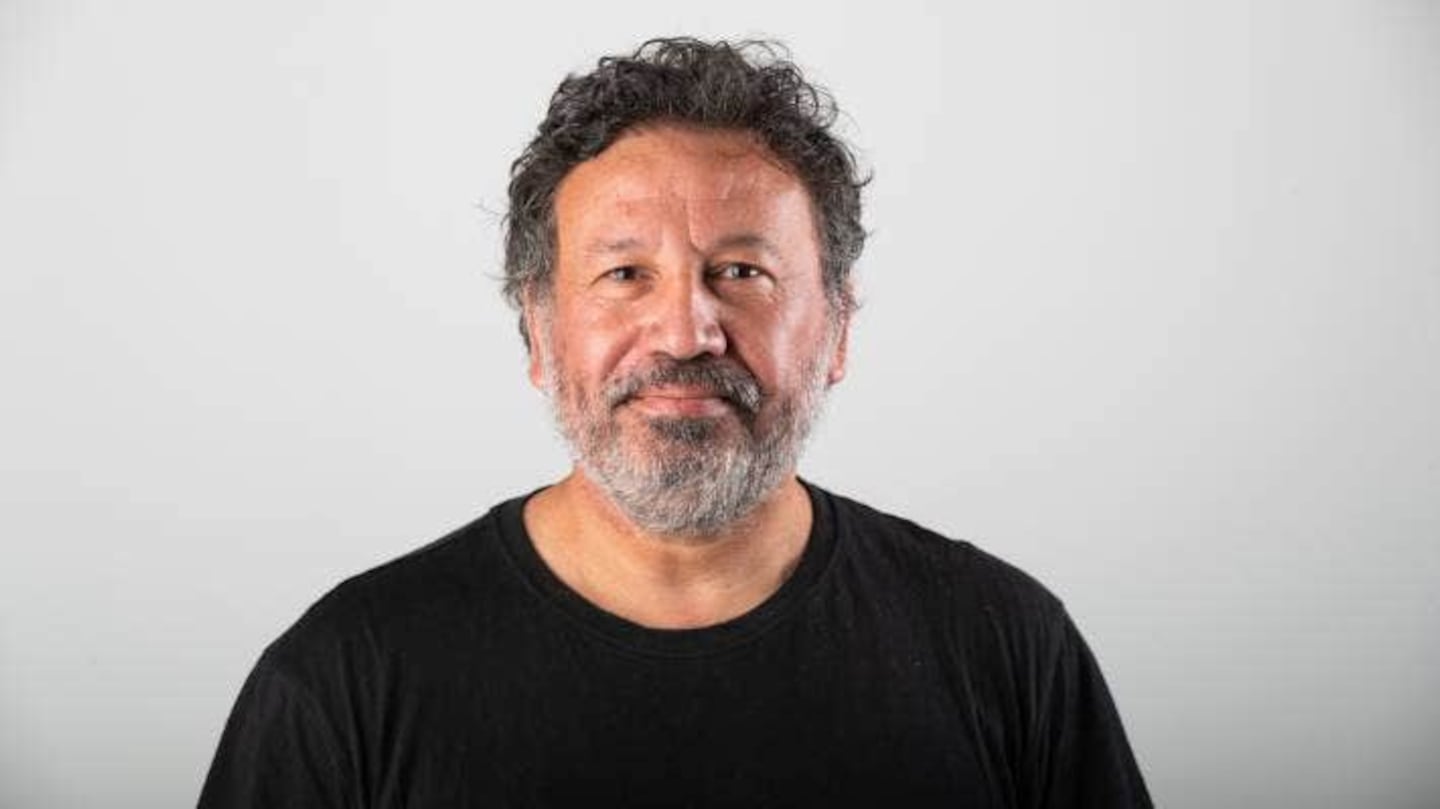This article was first published by Stuff.
Joel Maxwell (Te Rarawa) is an experienced senior journalist and Stuff’s kaiwhakamāori/translator.
OPINION: “I’m gonna let you in on a little secret,” Ngira Simmonds said. “When Te Arikinui was a child she would be given money by her grandmother … sometimes, I’m told, it was $5, sometimes it was a $2 coin.”
So, back in the day, this girl who would later become Māori queen always gathered her friends and cousins before heading to the dairy to buy lollies and she shared those lollies with everyone, said Simmonds, a Kīngitanga spokesman and Anglican priest, and speaking publicly at the latest kotahitanga hui, the sharer of an instructive secret.
“I’ve just described to you what an economic system underpinned by te ao Māori would look like.”
Now that’s a natural storyteller, I thought. And maybe there’s a bit of Simmonds’ archdeacon showing here too, wrapping a sweet, moral core in the confection of a real-life story.

In September, the Arikinui (paramount chief), Nga wai hono i te po, 27, inherited the responsibilities and the mission of her father, Kīngi Tūheitia Pōtatau Te Wherowhero VII, a man who found that mission in the last year of his life.
Suddenly she is not just the future, she’s the present. Thrust into the public gaze as a cultural antidote; manaakitanga to the anti-manaakitanga of a government led by a Gen-X dude who says he’s wealthy and he’s sorted. She signals the arrival of a million new kids offering a million rumpled white bags to their friends, an embodiment of the notion of generosity.
Anyway, happy Labour Day: the day about celebrating the efforts of everyday people to extract hard-won generosity, a few extra Jet Planes and Milk Bottles in our short lives.
This day is well-deserved back-patting for achieving a semblance of balance. A life with eight hours of mahi and eight hours of sleep and eight hours to ourselves.

We were among the first nations in the world to slip this bit of worker support into our economy. I like to think that some of this came from the simple osmosis of te ao Māori into our small country’s collective consciousness.
On this day, which along with Matariki is one of my two top holidays, we can learn a few things from the Māori Queen, Māori culture in general, and the generosity of the Kīngitanga and its iwi, hapū.
Tainui’s Treaty settlement returned a fraction of the billions reaped over generations by newcomers who invaded then effectively stole swaths of land because Tainui had the nerve to defend themselves.
The very definition of confiscating yourself up by your own shoelaces.
Tainui’s generosity, however, persists as a feature of the Māori culture despite everything that happened to them.
I watched Simmonds speaking on a livestream of a relatively subdued hui (relative to the first, which drew tens of thousands), where the main topic was Māori economic development.
There was plenty to consider - but mostly from a personal viewpoint I’d just like to see more Māori ascending to that awesome, extraordinary kingdom that is the middle-class.
I grew up the child of a farm worker, in Waikato too incidentally, and by extension was a farm worker myself. Being surrounded by farm owner families made the middle-class seem as distant and strange as the moon.
Notwithstanding that infusion of ao-Māori kaupapa, here we remain with lingering inequities. If money is power, distilled, concentrated, preserved through generations, then we continue on average to have emptier pockets and less of a voice.
It’s been a fight to improve our lot without sacrificing our identity and culture and language. Upward mobility shouldn’t mean exiting your own skin.
Perhaps underneath all of the above as Simmonds might have been talking about, are the perpetual moral imperatives of character, culture - demonstrated by that kind-hearted kid/queen - that mean we shouldn’t have to fight.
But, to end the sermon, if we do, then it’s a labour of love.
- Stuff


